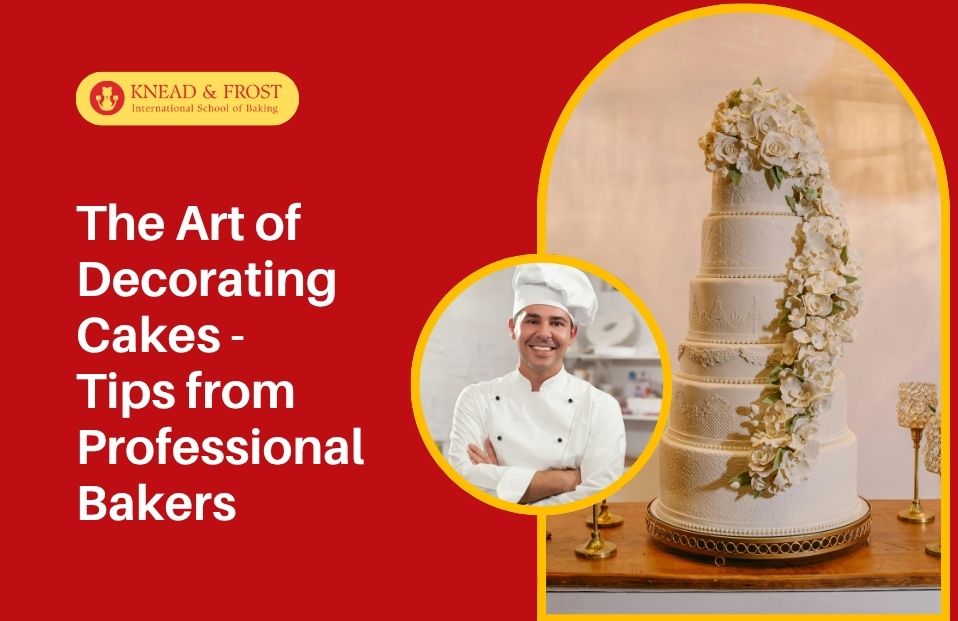Sweetness without the guilt – is it really possible? That is the big question for bakers everywhere.
In today’s world, more and more people are looking for healthier desserts, low-sugar cakes, and guilt-free treats.
But when it comes to baking, sugar is not just about sweetness – it adds texture, moisture, and even that golden-brown colour we all love.
So, what happens when you swap sugar with other sweeteners?
Let us dive into the world of sugar alternatives in baking and see what works and what doesn’t.
Why Sugar Alternatives in Baking Are Trending
From health-conscious eaters to people managing diabetes, many are searching for healthy sugar substitutes for baking. The rise of clean eating, low-carb diets, and natural food movements has made bakers rethink traditional recipes.
But here is the catch – not all sugar alternatives for cakes, cookies, or breads work the same way as regular sugar. Some give you great flavour, while others may leave you with flat, dry, or strange-tasting bakes.
The Best Sugar Alternatives That Work in Baking
1. Honey – Nature’s Liquid Gold
Honey is one of the oldest and most loved natural sweeteners. It works beautifully in muffins, breads, and cakes. Its rich flavour adds depth, and it also brings moisture. But remember – honey is sweeter than sugar, so you will need less of it. Also, it browns faster, so keep an eye on your oven.
Best for: Muffins, breads, fruit cakes.
Watch out for: Over-browning and a denser texture.
2. Maple Syrup – Sweet and Earthy
If you want your bakes to have a warm, earthy sweetness, maple syrup is a fantastic option. It blends well in pancakes, cookies, and even frostings.
The best part?
It adds minerals and antioxidants.
Best for: Pancakes, cookies, pies.
Watch out for: Extra liquid in recipes – you may need to reduce other liquids.
3. Coconut Sugar – The Caramel Touch
Coconut sugar looks and tastes quite close to brown sugar. It gives cakes and cookies a lovely caramel-like flavour without overpowering them. It also has a lower glycaemic index than white sugar, making it a popular choice among health-conscious bakers.
Best for: Cookies, brownies, cakes.
Watch out for: Doesn’t cream with butter as well as regular sugar.
4. Stevia – The Zero-Calorie Sweetener
Stevia is one of the most talked-about sugar-free sweeteners for baking. It is super sweet (up to 200 times sweeter than sugar!) but has no calories.
The downside?
It can sometimes leave a bitter aftertaste. Stevia works best when combined with other ingredients or blended with sugar alcohols.
Best for: Cakes, cupcakes, and drinks.
Watch out for: Slight aftertaste and weaker texture in baked goods.
5. Date Sugar – Sweet with Fibre
Made from dried, ground dates, date sugar is full of fibre and nutrients. It gives a rich, fruity sweetness and works great in quick breads and energy bars. But because it does not melt well, it may leave a slightly grainy texture.
Best for: Quick breads, bars, energy bites.
Watch out for: Doesn’t dissolve completely like white sugar.
Sugar Alternatives That Don’t Always Work
Not all sugar swaps are perfect. Some options may sound good but don’t perform well in baking:
- Artificial Sweeteners (Aspartame, Saccharin) – They may work in coffee or tea, but in baking, they often lose sweetness at high temperatures and give an odd aftertaste.
- Fruit Juices – While they can sweeten naturally, they add too much liquid and mess up texture.
- Agave Syrup – Although popular, it is very high in fructose, which is not always the healthiest choice.
Tips for Baking with Sugar Alternatives
Always start by replacing only part of the sugar (50-75%) to test how your recipe reacts.
- Adjust the baking time – some sweeteners make your cake brown faster.
- Don’t forget texture – sugar adds bulk, so replacing it completely may make bakes dry or flat.
Finding Balance in Sweetness
Baking is both a science and an art. While sugar gives structure, sweetness, and softness, the good news is that many sugar alternatives in baking can give you healthier, equally tasty results – if you know how to use them.
At Knead & Frost Best Baking Institute, we believe in experimenting, learning, and finding that perfect balance between health and flavour. Whether it is the richness of honey, the earthy notes of maple syrup, or the fibre-filled sweetness of date sugar, the world of baking is full of exciting possibilities.
So next time you are in the kitchen, don’t be afraid to try something new.
Who knows – your next best cake might just be made without refined sugar!
If you love experimenting with healthier desserts, learning about natural sweeteners is just the start — joining a professional baking institute in Chennai can help you master the science of baking with both taste and health in mind.



